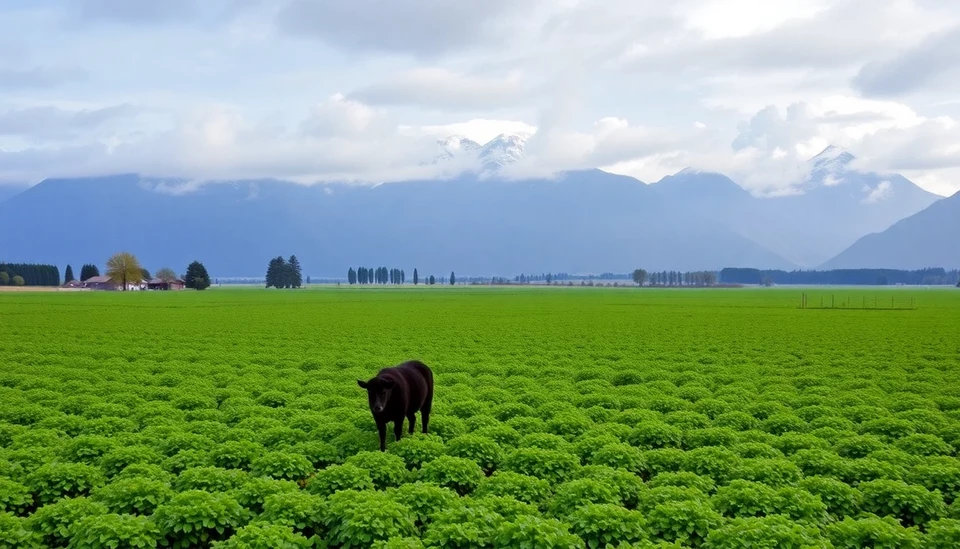
In a significant step to address growing environmental concerns, New Zealand's government has unveiled a set of regulations aimed at controlling large-scale carbon farming practices. This announcement comes as the nation strives to balance agricultural needs with the urgent goal of reducing greenhouse gas emissions. The new rules are part of a broader strategy to manage land use effectively as the country confronts the dual challenges of climate change and food security.
The regulations specifically target extensive planting of monoculture pine forests, which have been criticized for their potential negative impacts on biodiversity, water resources, and the agricultural landscape. As carbon farming continues to gain popularity as a method for compensating carbon emissions, these new guidelines will guide landowners and farmers in their environmental responsibilities. The government hopes to encourage sustainable practices while still allowing for economic growth.
Under the new rules, farmers looking to convert agricultural land into carbon farming must demonstrate a commitment to biodiversity and sustainable land management. This could involve incorporating native trees and shrubs into carbon farming projects, thereby enhancing ecosystem resilience. The regulations also stipulate that landowners must undergo an assessment process before converting over 100 hectares of land for carbon farming purposes.
New Zealand's Minister for Climate Change, James Shaw, emphasizes that it is essential to prevent an over-reliance on carbon farming alone as a solution for climate commitments. "We must safeguard our food production and maintain our natural ecosystems while transitioning towards a lower carbon economy," Shaw stated. The government's approach seeks to create a framework where carbon farming contributes positively to the country's environmental goals rather than undermining them.
This regulatory move aligns with broader global trends where countries are increasingly scrutinizing carbon offsetting practices. Critics of large-scale carbon farming argue that such practices can lead to the monopolization of land by large corporations and the marginalization of small-scale farmers. The government’s new framework aims to address these criticisms by promoting transparency and equitable access to land for carbon farming initiatives.
Stakeholders across the agricultural and environmental sectors have expressed their support for the initiative, highlighting the need for a balanced approach to land use. Farmers and landowners are now encouraged to engage in consultations with the government to better understand the new regulations and their implications. The collaborative effort aims to ensure that carbon farming projects meet environmental standards while still providing economic benefits to communities.
As climate change poses an unprecedented threat globally, New Zealand's proactive stance to regulate carbon farming represents a critical move towards sustainable land management. The nation, known for its pristine landscapes and diverse ecosystems, is committed to preserving its environmental heritage while adapting to the challenges of a warming planet. With these new rules in place, officials hope to lead by example in the pursuit of effective climate action and resilience.
As the regulations take shape, the government will continue to monitor their implementation and impact, ready to make adjustments if necessary. This dynamic approach underscores New Zealand's determination to integrate environmental stewardship with agricultural productivity, offering a blueprint that may inspire other nations grappling with similar challenges.
As this initiative unfolds, it is clear that New Zealand is carving out a path forward—one that emphasizes responsible management of natural resources while contributing significantly to global climate goals.
#NewZealand #CarbonFarming #ClimateChange #Sustainability #EnvironmentalPolicy #Agriculture #Biodiversity #EcosystemProtection
Author: Peter Collins




